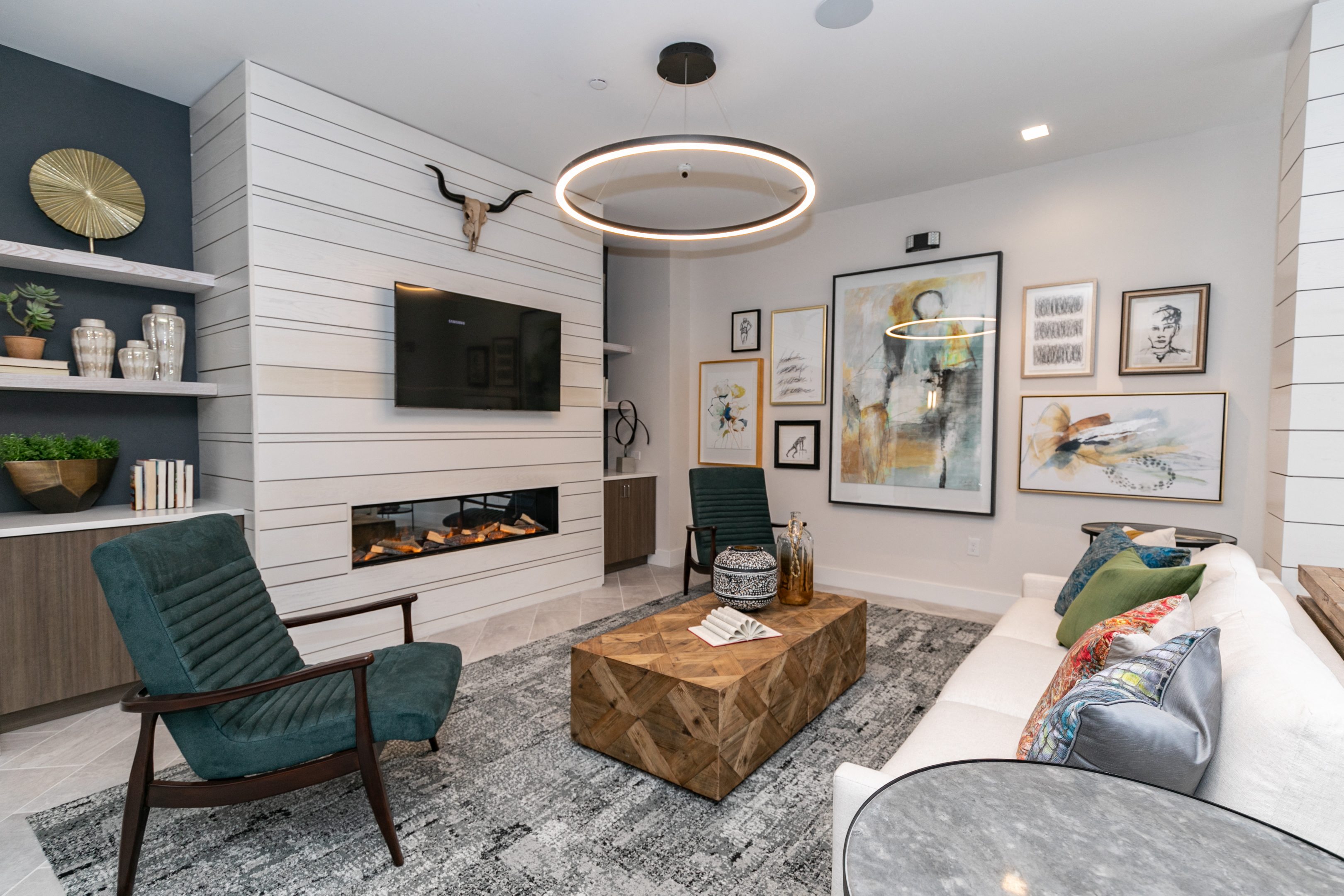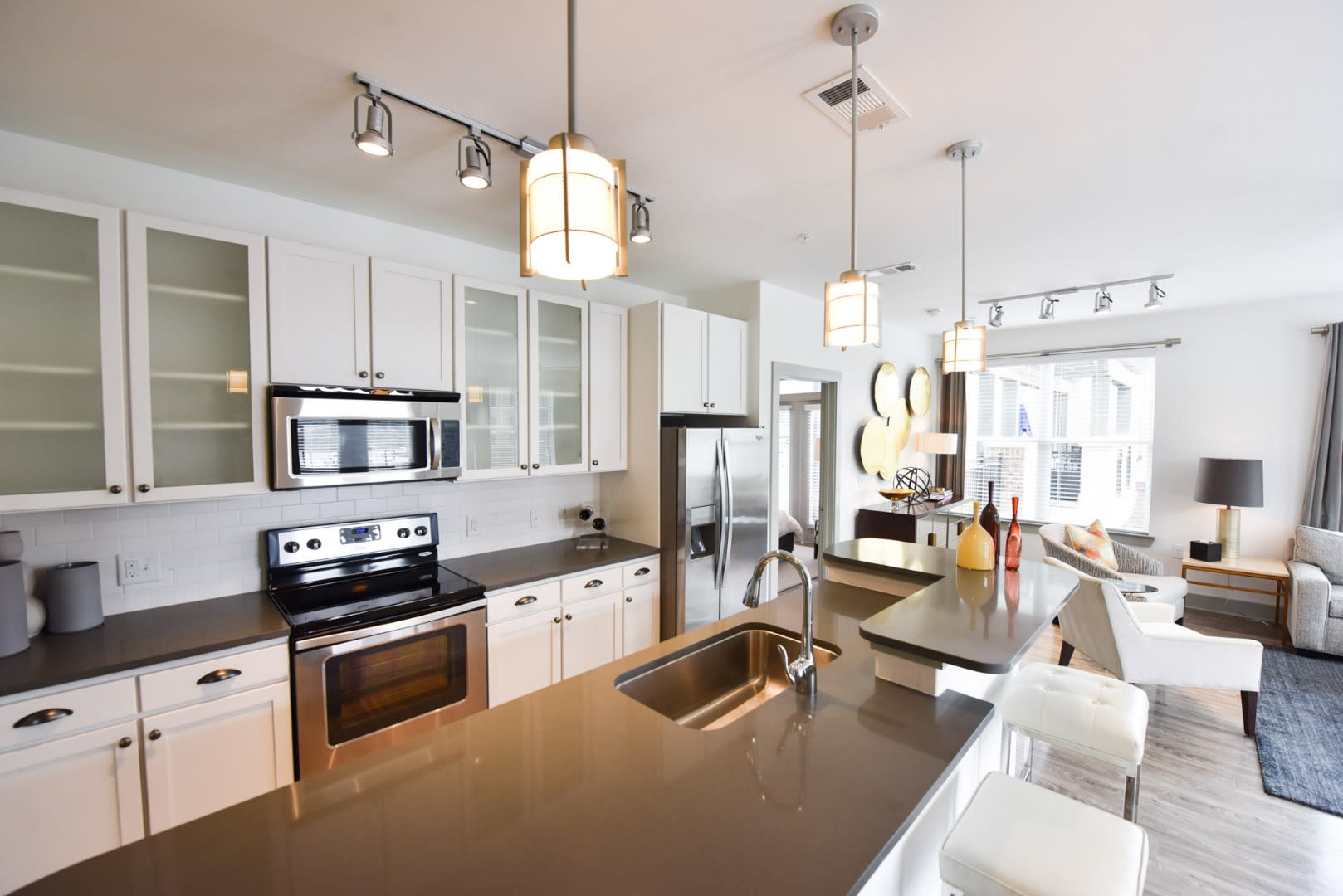The Alpharetta Housing Market

Alpharetta, Georgia, a thriving suburb north of Atlanta, boasts a dynamic housing market, particularly for 1-bedroom apartments. The city’s strong economy, excellent schools, and vibrant lifestyle attract residents seeking a blend of urban amenities and suburban tranquility.
Demand for 1-Bedroom Apartments
The demand for 1-bedroom apartments in Alpharetta remains high, driven by factors such as young professionals, growing families seeking smaller living spaces, and individuals seeking a more affordable housing option compared to larger units. The city’s robust job market, particularly in technology, finance, and healthcare, further fuels this demand, as many professionals seek convenient and affordable housing options near their workplaces.
Factors Influencing Apartment Costs
Several factors contribute to the cost of 1-bedroom apartments in Alpharetta, including:
- Location: Apartments closer to major employment centers, shopping districts, and entertainment venues tend to command higher rents.
- Amenities: Units with premium amenities such as fitness centers, swimming pools, and on-site parking are often priced higher than those with basic amenities.
- Market Trends: The overall health of the local economy, interest rates, and supply and demand dynamics play a significant role in rent fluctuations.
Pros and Cons of Living in Alpharetta
Alpharetta offers a desirable lifestyle with numerous advantages:
- Proximity to Employment Centers: The city’s strategic location near major employment hubs in Atlanta makes it an attractive option for professionals.
- Entertainment Options: Alpharetta boasts a diverse array of entertainment options, including restaurants, shopping centers, parks, and cultural events.
- Transportation Infrastructure: The city is well-connected by major highways and public transportation, providing convenient access to surrounding areas.
However, living in Alpharetta also presents some drawbacks:
- Cost of Living: The city’s high cost of living, particularly for housing, can be a challenge for some residents.
- Traffic Congestion: As a popular suburb, Alpharetta experiences significant traffic congestion during peak hours, particularly during weekdays.
Finding Affordable 1-Bedroom Apartments in Alpharetta

While Alpharetta is known for its upscale living, finding a budget-friendly 1-bedroom apartment is possible with a strategic approach. The key is to leverage available resources, negotiate effectively, and prioritize essential factors when making your decision.
Resources for Finding Affordable Apartments
Finding a 1-bedroom apartment in Alpharetta within your budget requires utilizing the right resources. Online platforms and local real estate agents can help you navigate the market and uncover hidden gems.
- Apartment Search Websites: Popular platforms like Apartments.com, Zillow, and Rent.com offer extensive listings, allowing you to filter by price, location, and amenities. These sites provide comprehensive information about available units, including photos, floor plans, and neighborhood details.
- Local Real Estate Agents: Connecting with a local real estate agent can provide valuable insights into the Alpharetta rental market. They can help you identify off-market listings, negotiate better rates, and understand neighborhood nuances.
- Craigslist and Facebook Marketplace: These platforms often feature listings from individual landlords or property managers, sometimes offering more affordable options compared to traditional rental sites.
- Local Newspapers and Community Websites: Checking local newspapers and community websites can reveal apartment listings not found on major platforms.
Negotiating Rent and Securing a Lease
Negotiating rent is crucial for securing an affordable apartment in Alpharetta. Understanding the market dynamics and employing effective strategies can lead to substantial savings.
- Research Market Rates: Before approaching a landlord, research average rental prices for similar units in the area. This information provides a strong foundation for your negotiation.
- Highlight Your Strengths: Emphasize your positive attributes as a tenant, such as a stable income, good credit history, and a commitment to responsible tenancy.
- Consider Lease Length: Offering a longer lease term can be an incentive for landlords to offer a lower rent. A longer lease provides them with greater rental income certainty.
- Offer a Security Deposit: A larger security deposit can sometimes sway landlords into offering a lower monthly rent. This approach demonstrates your financial stability and commitment to the property.
- Negotiate Amenities: If the apartment includes amenities you don’t need, such as a parking space or a gym membership, try to negotiate a lower rent by excluding those extras.
Key Factors to Consider When Choosing an Apartment
Beyond affordability, several crucial factors influence your apartment selection. Carefully evaluating these aspects ensures a comfortable and fulfilling living experience.
- Safety: Prioritize your safety by choosing an apartment in a neighborhood with a low crime rate. Research the area’s crime statistics and consider factors like street lighting, security measures, and community watch programs.
- Neighborhood Amenities: Consider the proximity to essential amenities like grocery stores, restaurants, public transportation, and recreational facilities. A well-connected neighborhood enhances your daily life and provides convenient access to services.
- Proximity to Workplace: Factor in your commute time and costs. Choosing an apartment close to your workplace can save you time, money, and stress, particularly if you rely on public transportation.
- Building Amenities: Evaluate the building’s amenities based on your needs and preferences. Consider factors like laundry facilities, parking availability, fitness centers, and community spaces.
- Property Management: Research the property management company’s reputation. A responsive and reliable management team ensures a smooth and pleasant living experience.
Tips for Budgeting and Managing Rent: Cheap 1 Bedroom Apartments In Alpharetta Ga

Living in Alpharetta, a city known for its upscale lifestyle, can be expensive. But with careful planning and budgeting, you can make your rental experience financially manageable. This section will provide tips and strategies for managing your rent and creating a realistic budget that works for you.
Budgeting Strategies for Renters in Alpharetta, Cheap 1 bedroom apartments in alpharetta ga
Creating a budget is crucial for any renter, especially in a city like Alpharetta. It helps you understand your income and expenses, allowing you to allocate your money wisely and avoid overspending.
- Track your spending: The first step is to track your income and expenses for a month or two. This will give you a clear picture of where your money is going and identify areas where you can cut back.
- Prioritize your needs: Distinguish between your needs and wants. While it’s tempting to splurge on luxuries, prioritize essential expenses like rent, utilities, groceries, and transportation.
- Negotiate your rent: If you’re renting a property for an extended period, consider negotiating your rent with the landlord. You can also inquire about discounts for early payment or for signing a longer lease.
- Seek out discounts: Take advantage of discounts and deals on everyday items, like groceries and household essentials. Many stores offer coupons, loyalty programs, and online deals.
- Look for roommates: Sharing an apartment with roommates can significantly reduce your monthly rent and utility costs. You can also split the cost of other expenses, such as groceries and entertainment.
Creating a Realistic Budget
A realistic budget should account for all your expenses, including rent, utilities, transportation, groceries, entertainment, and savings.
- Rent: This is typically your largest expense. Allocate a portion of your income for rent, considering the average rent prices in Alpharetta.
- Utilities: Estimate your monthly utility costs, including electricity, water, gas, and internet. Consider factors like the size of your apartment and your energy consumption habits.
- Transportation: Determine your transportation costs. If you rely on public transportation, factor in bus or train fares. If you drive, include gas, parking, and car maintenance expenses.
- Groceries: Allocate a budget for groceries, considering your dietary needs and eating habits. Look for ways to save money on groceries, such as buying in bulk or shopping at discount stores.
- Entertainment: Include a budget for entertainment, but be mindful of your spending. Explore free or low-cost entertainment options, such as parks, libraries, and community events.
- Savings: It’s essential to have an emergency fund. Allocate a portion of your income for savings, even if it’s a small amount. An emergency fund provides financial security and can help you navigate unexpected expenses.
Benefits of an Emergency Fund
Having an emergency fund is crucial for any renter, especially in a city like Alpharetta. It provides a financial safety net in case of unexpected events, such as job loss, medical emergencies, or car repairs.
An emergency fund is a vital component of financial stability. It provides peace of mind knowing you have a cushion to fall back on in case of unexpected circumstances.
- Financial Security: An emergency fund provides financial security, allowing you to cover unexpected expenses without going into debt.
- Peace of Mind: Knowing you have an emergency fund can reduce stress and anxiety, as you’ll be better prepared to handle unexpected events.
- Avoid Debt: An emergency fund can help you avoid taking on debt to cover unexpected expenses, which can save you money on interest payments.
Building an Emergency Fund as a Renter
Building an emergency fund can seem daunting, but it’s achievable with consistent saving habits.
- Set a Savings Goal: Determine how much you want to save in your emergency fund. A common recommendation is to have three to six months’ worth of living expenses saved.
- Automate Savings: Set up automatic transfers from your checking account to your savings account. This will ensure you’re saving regularly without having to manually transfer funds.
- Look for Extra Income: Consider taking on a side hustle or finding ways to earn extra income to boost your savings.
- Reduce Spending: Identify areas where you can cut back on spending and redirect those funds to your emergency fund.
